Armenia and CSTO: no love, but no rush to leave Defiance without departure
Tomorrow, on November 27, another summit of the Collective Security Treaty Organisation (CSTO) will take place in Bishkek, attended by the current chair of the organisation’s highest body, Kyrgyz President Sadyr Japarov, as well as the heads of Russia, Belarus, Kazakhstan and Tajikistan — Vladimir Putin, Alexander Lukashenko, Kassym-Jomart Tokayev and Emomali Rahmon.
Once again, the CSTO event will be held without the participation of one of its member states — Armenia, which in recent years has been demonstratively ignoring certain Eurasian events held under Russia’s auspices.
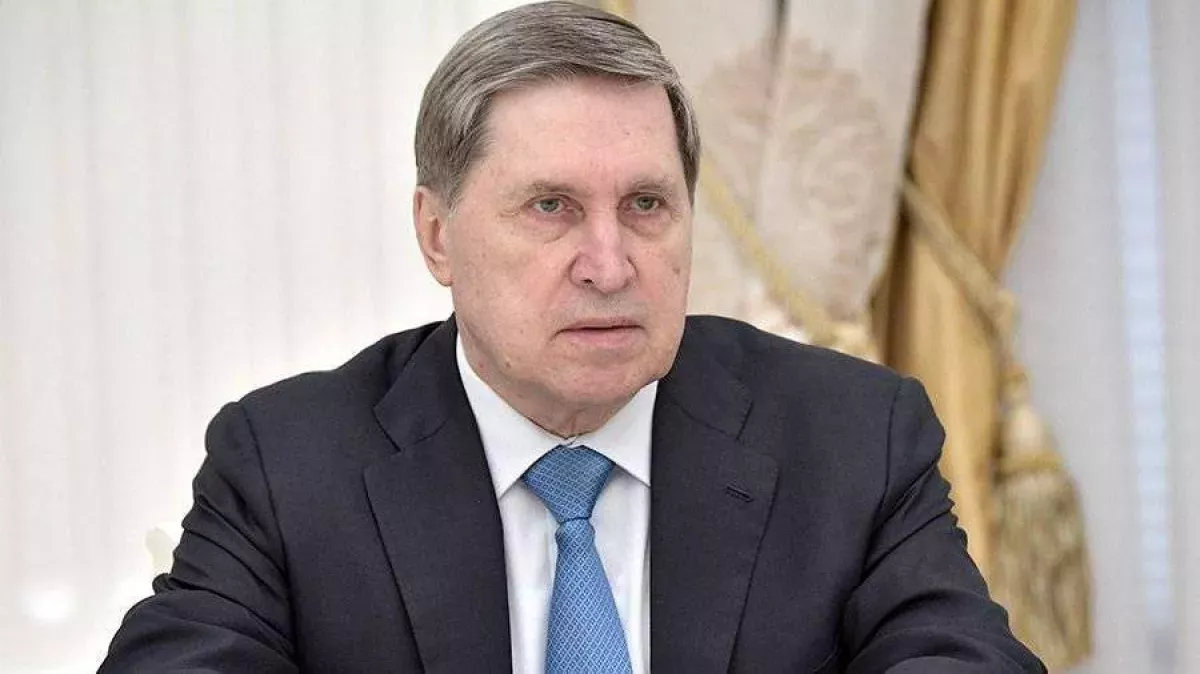
On the eve of the summit, Russian presidential aide Yuri Ushakov told journalists: “As for Armenia, this country will not participate, but its representatives have informed the organisers that they do not object to the adoption of the agreed documents at the meeting.”
As we can see, this time the Russian side has remained more than restrained, although not long ago it expressed its dissatisfaction with Yerevan’s rather freewheeling behaviour in much sharper terms and called on Armenia to return to full participation in the organisation.
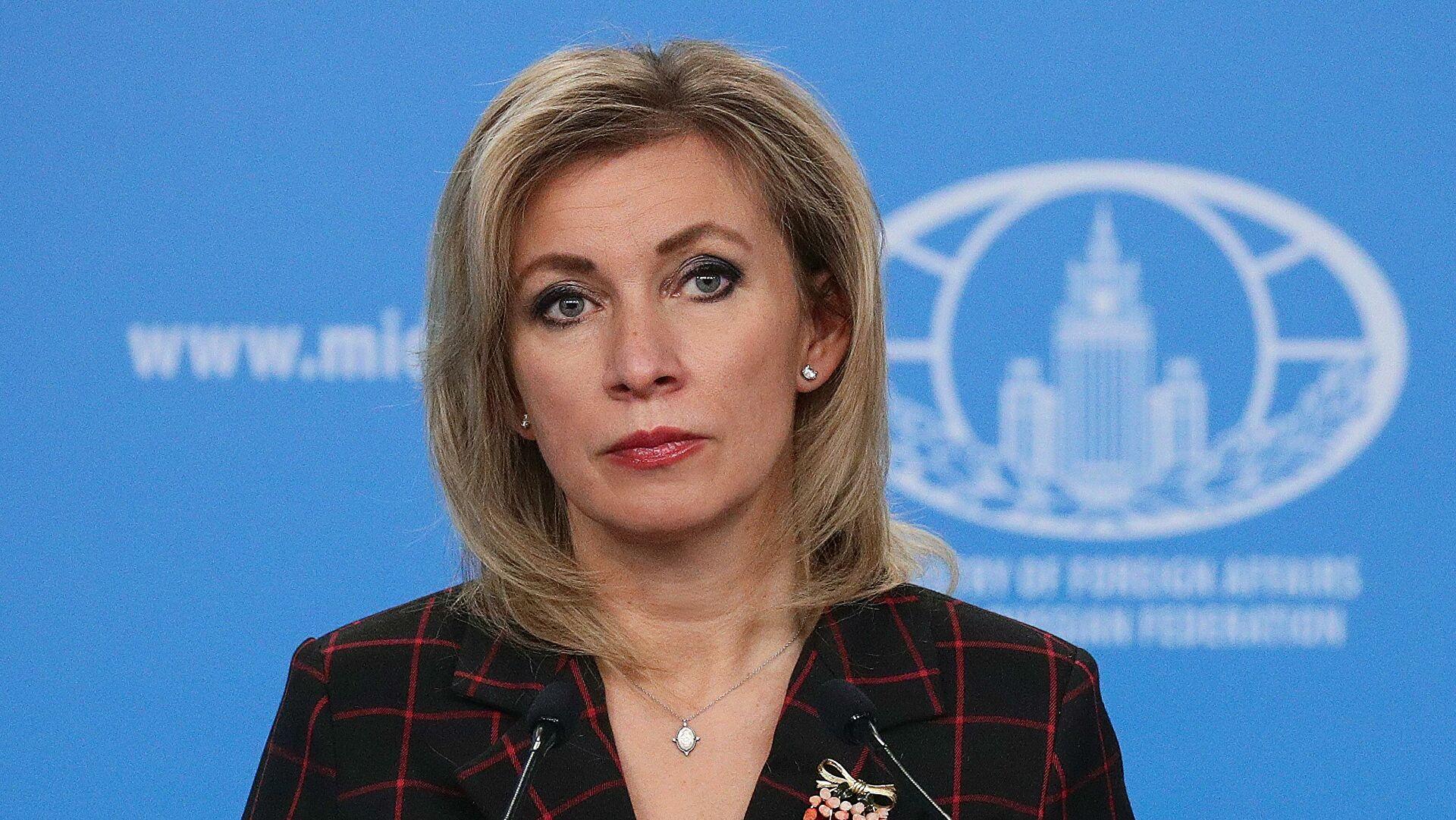
For example, Moscow reacted rather nervously when the Armenian authorities refused to finance the CSTO budget for 2024. At the time, Russian Foreign Ministry spokesperson Maria Zakharova stated that Armenia was obligated to pay its membership fees to the CSTO, emphasising that avoiding these payments was an issue that needed to be resolved between Yerevan and the organisation itself. In December last year, the diplomat warned the Armenian authorities that the country could be stripped of its voting rights for refusing to pay its contributions.
However, it is quite interesting that Moscow’s irritation did not lead Yerevan to reconsider its position on the financial issue. On the contrary, Armenian Foreign Minister Ararat Mirzoyan linked the refusal to pay contributions to Armenia’s suspension of its participation in the organisation: “In connection with the freeze of our participation in the CSTO, Armenia did not pay its membership fee to this organisation in 2024.”
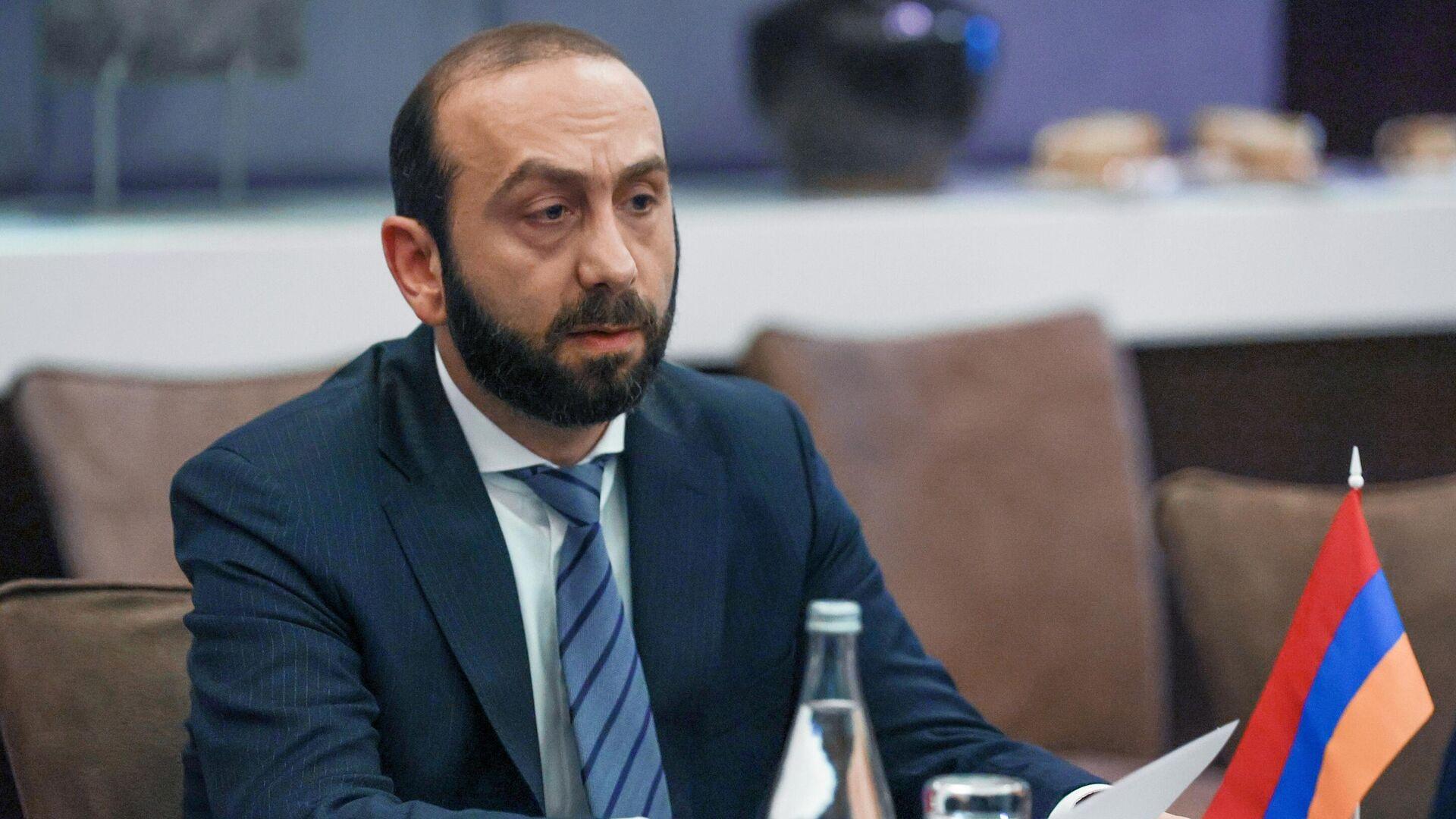
In other words, the Armenian minister effectively signalled to the Kremlin that Yerevan’s decision is final and non-negotiable. This position is further confirmed by statements from Armenian Parliament Speaker Alen Simonyan, who said in March of this year that little is likely to change in Armenia’s relations with the CSTO, as well as by Prime Minister Pashinyan’s declaration that Yerevan considers itself outside the CSTO — a point of no return for the organisation, dated December 2024.
Thus, it can be stated with a high degree of confidence that Armenia has renounced its participation in this bloc, and Moscow seemingly recognises the futility of pressing the issue further. However, this does not mean that Russia is ready to let Armenia “sail freely” or silently watch its former outpost in the South Caucasus steadily move toward Western countries. The Kremlin periodically increases diplomatic pressure on Yerevan, signalling to Armenian authorities that a full pivot to the West could expose the country to a catastrophic scenario similar to that faced by Ukraine.
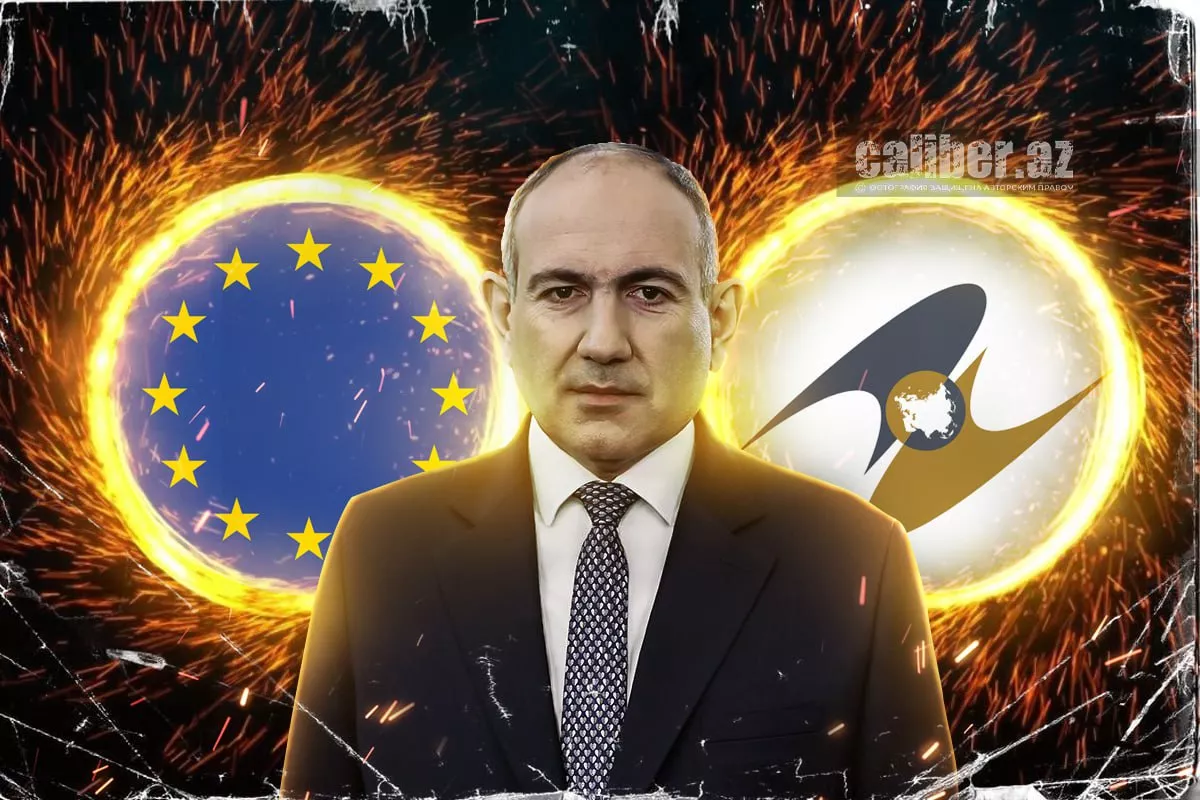
In turn, Yerevan apparently does not fully grasp the consequences of its actions and continues military and economic cooperation with Western states. However, despite close engagement with the West, Armenia — a member of the Eurasian Economic Union (EAEU) — is in no hurry to sever its ties with this bloc. This is primarily due to tangible benefits, as the statistics show. In 2024, Armenia’s trade turnover with EAEU countries amounted to $12.7 billion, compared to $2.3 billion with European Union states.
To justify this approach in Moscow’s eyes, the Armenian authorities invoke their intention to pursue a multi-vector economic policy. Naturally, in the context of intense confrontation between Russia and the West, such an argument is hardly convincing to the Kremlin.
Returning to Armenia’s position on the CSTO, it should be noted again that it is likely to remain unchanged, which implies continued Armenian absence from the organisation’s events. However, the country’s authorities have not yet decided to formally withdraw from the bloc. At the same time, it cannot be ruled out that this approach partially suits Russia, as at this stage it may be the most optimal way for Moscow to keep Armenia within its sphere of influence.
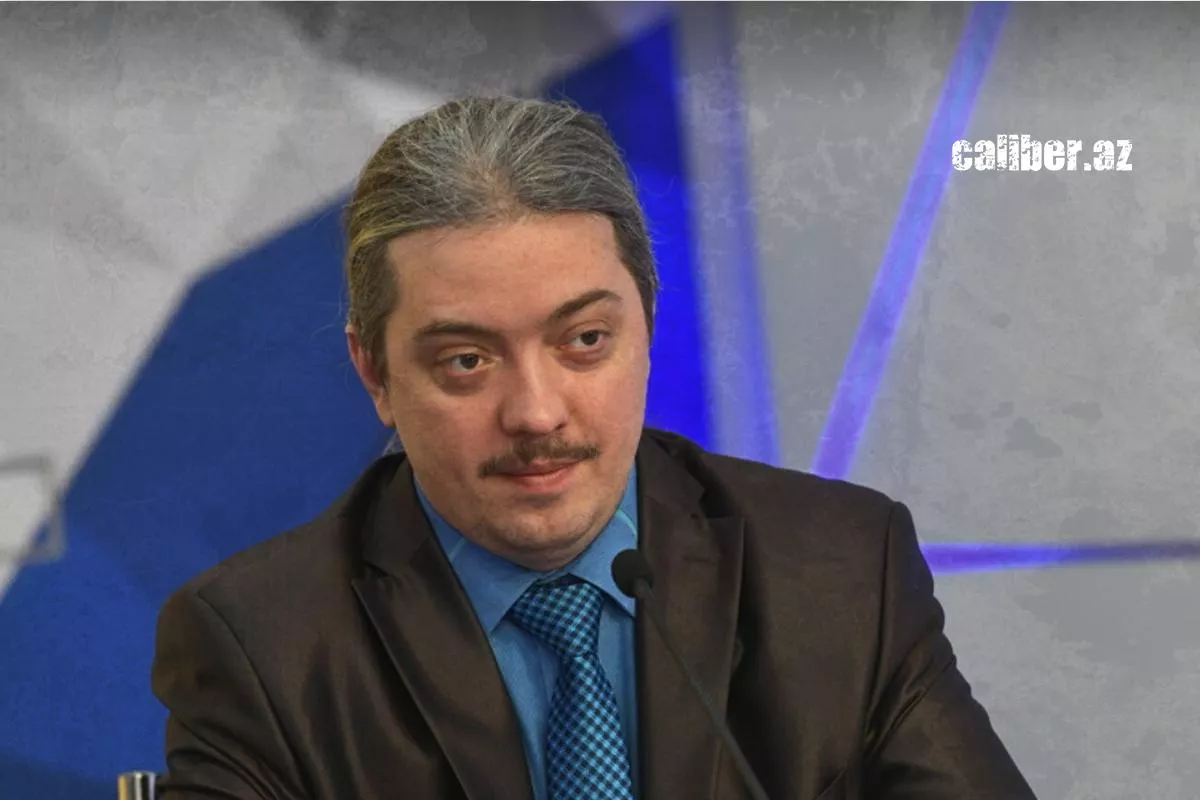
As stated to Caliber.Az by Russian international relations expert, South Caucasus specialist, and publicist Dmitry Verkhoturov, the CSTO is currently, in effect, a defunct organisation.
"Armenia has taken a series of hostile steps against Russia, particularly in the war in Ukraine. No one expected anything grandiose from Yerevan, but it was entirely within its power to declare readiness to fulfil its obligations and to deploy certain forces — say, 2–3 battalions. That did not happen, which can be regarded as betrayal during wartime — the gravest offence by Russian standards. The CSTO remains formally in place due to more serious overarching problems, but the transformation of this organisation, considering the need to expel member states that demonstratively fail to fulfil their obligations, is inevitable.
Russia’s lack of an immediate strong reaction is explained by its desire to gauge how far so-called ‘partners’ are willing to fall under conditions of apparent freedom, so that later they can be held accountable for all the results of their inaction and failure to meet their commitments.
The behaviour of Yerevan as a CSTO member leads to the conclusion that Armenia should be recognised as a state that fundamentally and demonstratively fails to honour its international treaty obligations. If the matter has reached the point of betraying a military ally during a war, one cannot reasonably expect Yerevan to comply with any agreements it enters into. There have been many such examples in the past, though they mostly concerned local issues. Armenia’s contractual obligations within the CSTO are a fundamental matter, touching on its capacity and existence as a state," Verkhoturov said.








